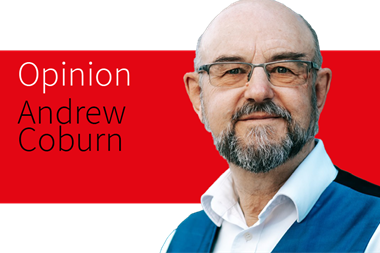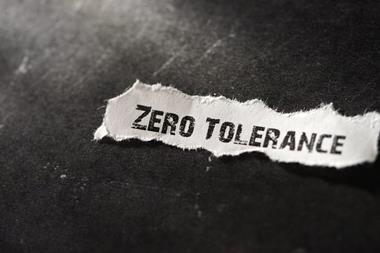Organisations are racing to declare their sustainable credentials… but should they tread more carefully?
On the surface, the growing focus on Environmental, Social, and Governance (ESG) appears to be good news.
After all, integrating ESG into decision-making makes sound business and risk management sense as well as being good for the planet. All organisations face ESG-related issues, and these could present financial or reputational risks if not properly managed or mitigated.
However, vague, and seemingly fluid, reporting requirements and conflicting standards have led many to question whether companies are truly as green as they say they are.
As consumers, activists and regulators began to dig deeper, it became clear that many organisations were “greenwashing” – i.e. overstating their climate and responsibility credentials or making promises that they cannot deliver.
The risks of greenwashing
As climate test cases progress through the courts, such ‘greenwashing’ is set to become a contentious issue for corporates - as they face an increasing number of climate reporting rules that they must adhere to.
Increased regulation is not the only risk facing firms that are seen to be greenwashing. Companies that overinflate their climate goals or ESG successes may suffer reputational damage, disinvestment, and fines.
In some markets, firms are even facing legal action. In its 2022 Emerging Risks report, RiskWatch warned: “Regulators are already clearing their throats around potential greenwashing”.
Nigel Brook, a partner at Clyde & Co LLP added: “Over the years, advertising and marketing authorities in a number of countries have fined companies for greenwashing or ordered them to desist. But in countries such as Australia, the USA, France and the Netherlands, companies are increasingly being taken to court instead.
“For example, in Australia, Santos is being sued by an NGO under the Corporations Act 2001 and consumer legislation for assertions in its 2020 annual report that it would achieve Net Zero by 2040, and that natural gas is a “clean fuel”.
”It is alleged that in making these statements the company relied heavily on projected technology (carbon capture and storage) that was not yet scalable or commercially viable. KLM has just been sued by another NGO in the Netherlands about advertisements that promote the sustainability of flying.”
Environmental NGOs are likely to drive an increase in greenwashing litigation. Experts say that strategic litigation of this kind is generally more about seeking a change in behaviour (of a company or a sector) than about damages.
The role of risk management
Clearly, firms must act swiftly to ensure their ESG claims match up to the reality of what they deliver. For instance, organisations need to review their existing environmental governance and transparency policies and process these against the new, often more robust, legislation.
Where markets have not yet strengthened reporting standards, companies need to be looking at global best practice to protect against future legal action or challenges.
Brook says: “Risk managers should keep up to date with established and emerging standards (seeking internal or external legal advice as appropriate) and pay close attention to environmental and climate statements in the company’s filings, public statements and advertising.
“Can these statements be backed up? Does the company have an accurate picture of its environmental impact and its preparedness for the climate and transition risks it faces? What about its supply chain? If the company sets a target (eg Net Zero by a specified date), is there a credible, externally validated plan for delivery?”
The growing scrutiny on ESG leaves businesses exposed and therefore needs to be on the risk manager’s radar.
However, experts are divided on the role that risk managers should take when it comes to managing ESG. One problem is that the wide-ranging set of risks mean that risk managers are unlikely to be experts in all of the underlying threats, and so assigning ESG to the risk department could cause problems down the track.
Alex Sidorenko, founder of Risk Awareness Week and FERMA risk manager of the year 2021 said: “It’s a disservice to lump all these completely different social, governance, and environmental and climate issues together.
”Instead, we need to recognise that they’re complex with multiple facets and everyone including HR, legal, compliance, environmental strategy and investment needs to be involved.
Instead of risk managers taking a leading role in overseeing ESG, Sidorenko argues that they should be using their skills to support those individuals dealing with risks on the ground.
World@RISK: ESG & climate Change Forum 2022 - new speakers announced for 15 November
- 1
- 2
- 3
- 4
- 5
- 6
- 7
- 8
- 9
- 10
- 11
- 12
- 13
- 14
- 15
- 16
- 17
 Currently reading
Currently readingIt’s not easy being green
- 18





































No comments yet